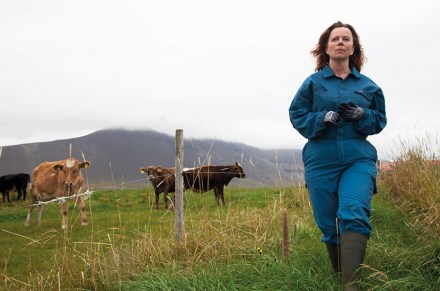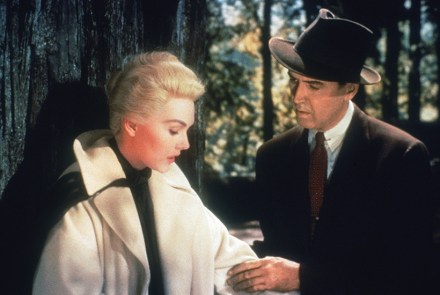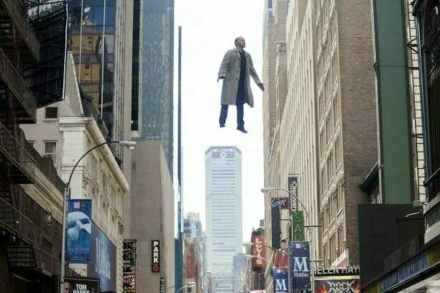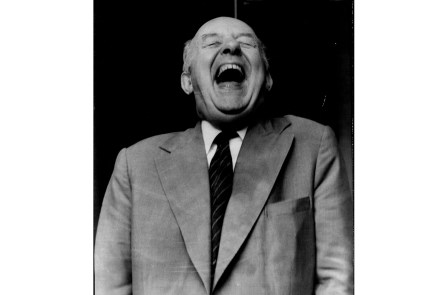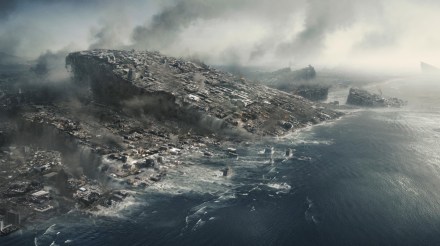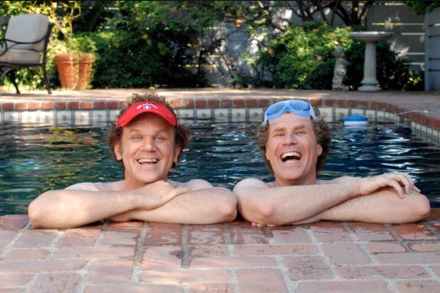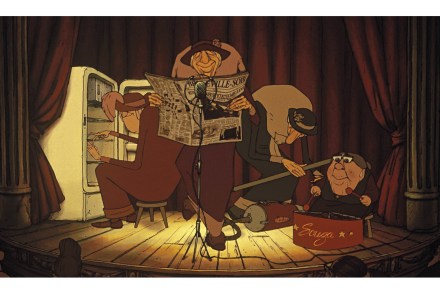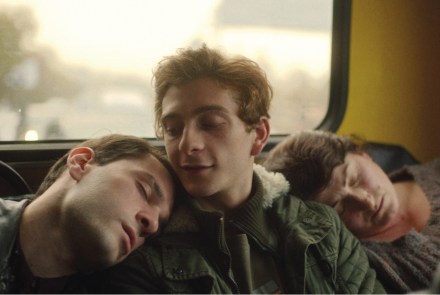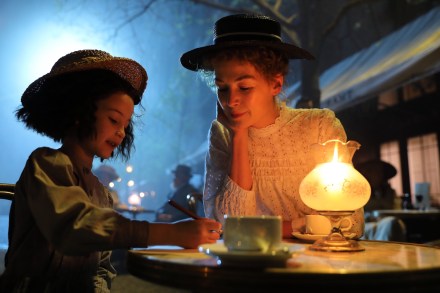I have never cared more about the price of milk in Iceland: The County reviewed
You may be asking yourself: have I reached that point in lockdown where I’m watching Icelandic dramas about the price of milk? Yes, you have, is the short answer. But let me qualify that with: if you are going to watch Icelandic dramas about the price of milk, The County is a good choice. And surprisingly involving. Or, to put it another way: I have never cared more about the price of milk in Iceland and it may be I’ll never care as much about the price of milk in Iceland again. Although you never know. I have never cared more about the price of milk in Iceland and will
